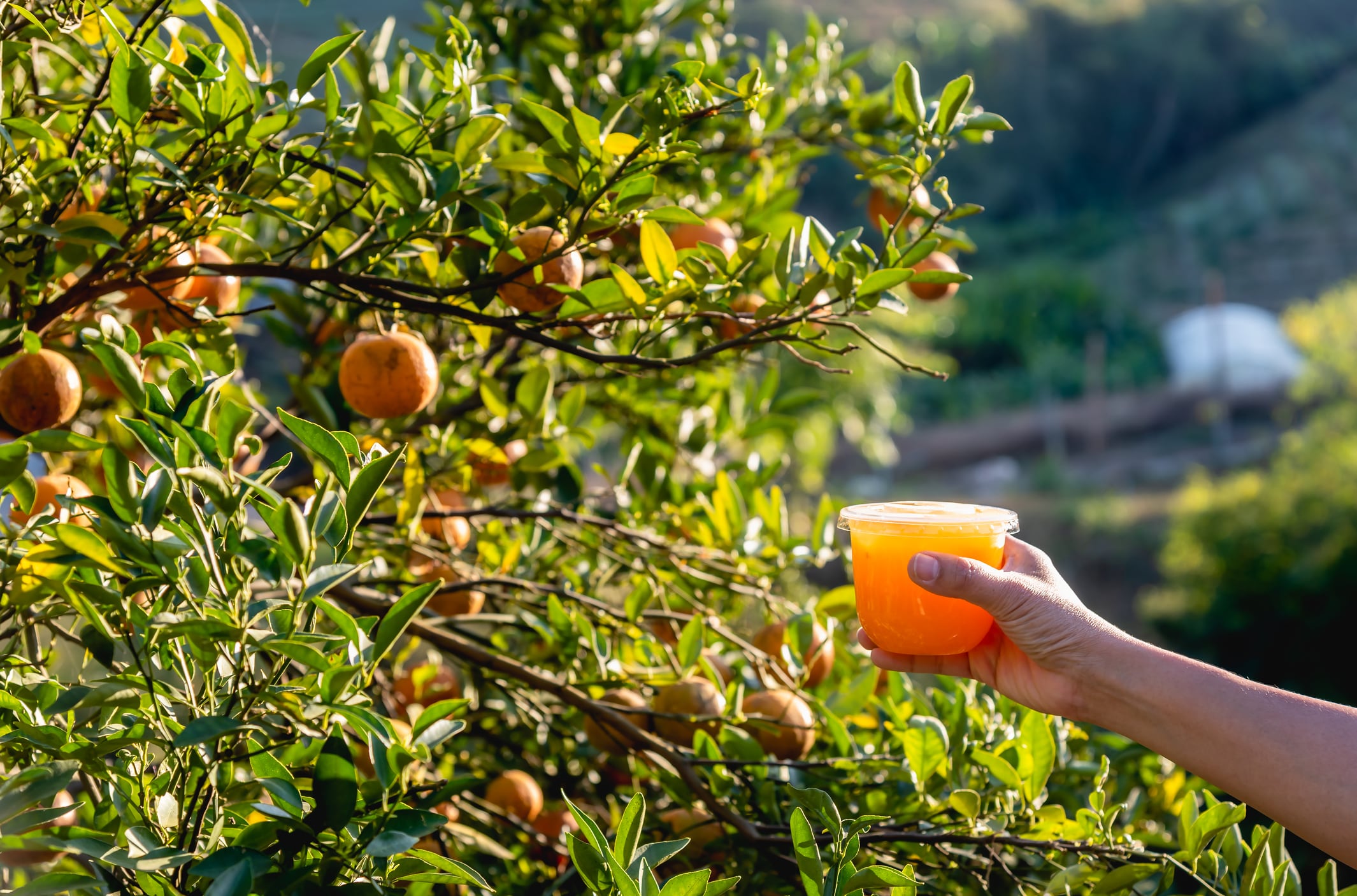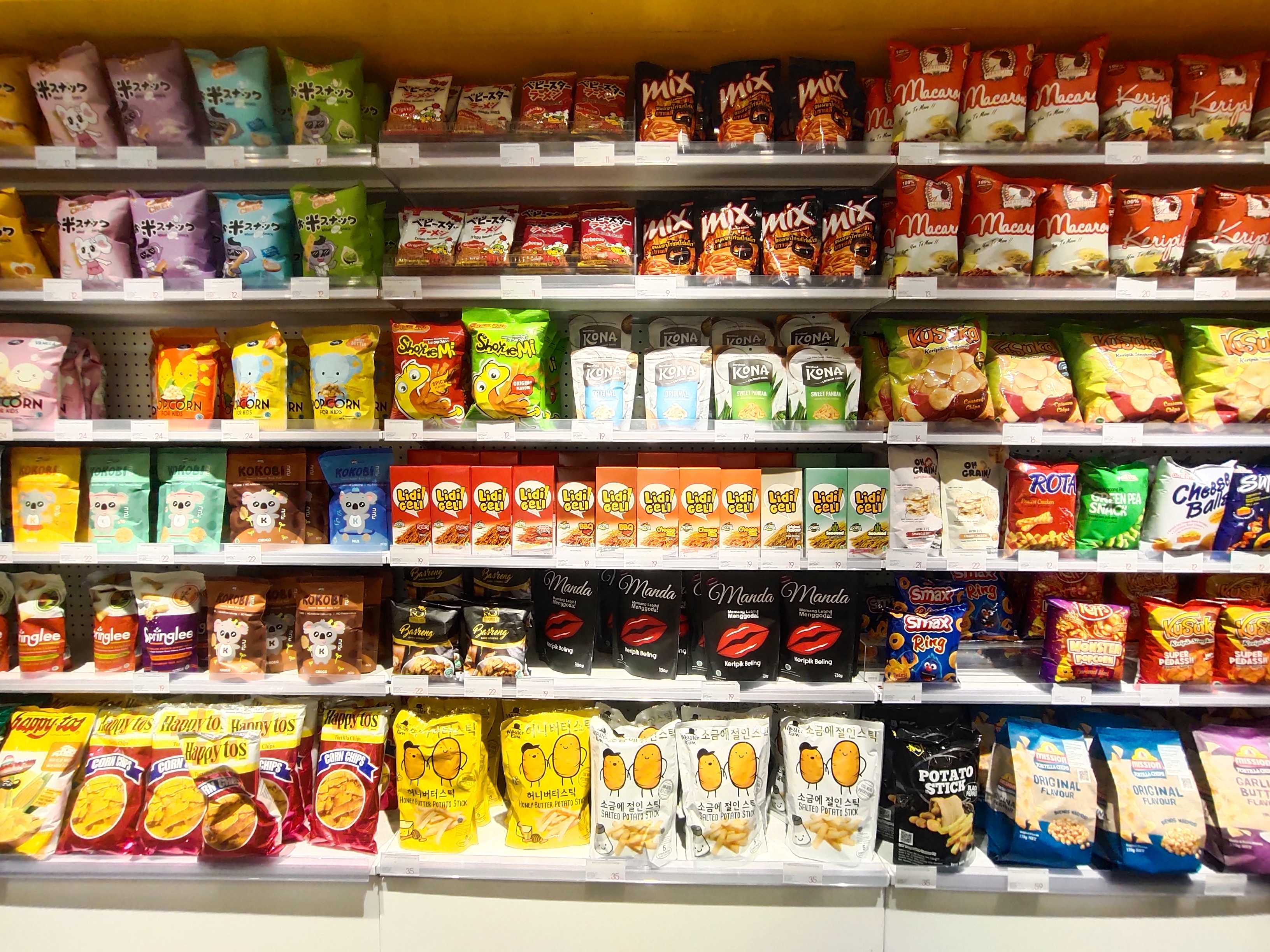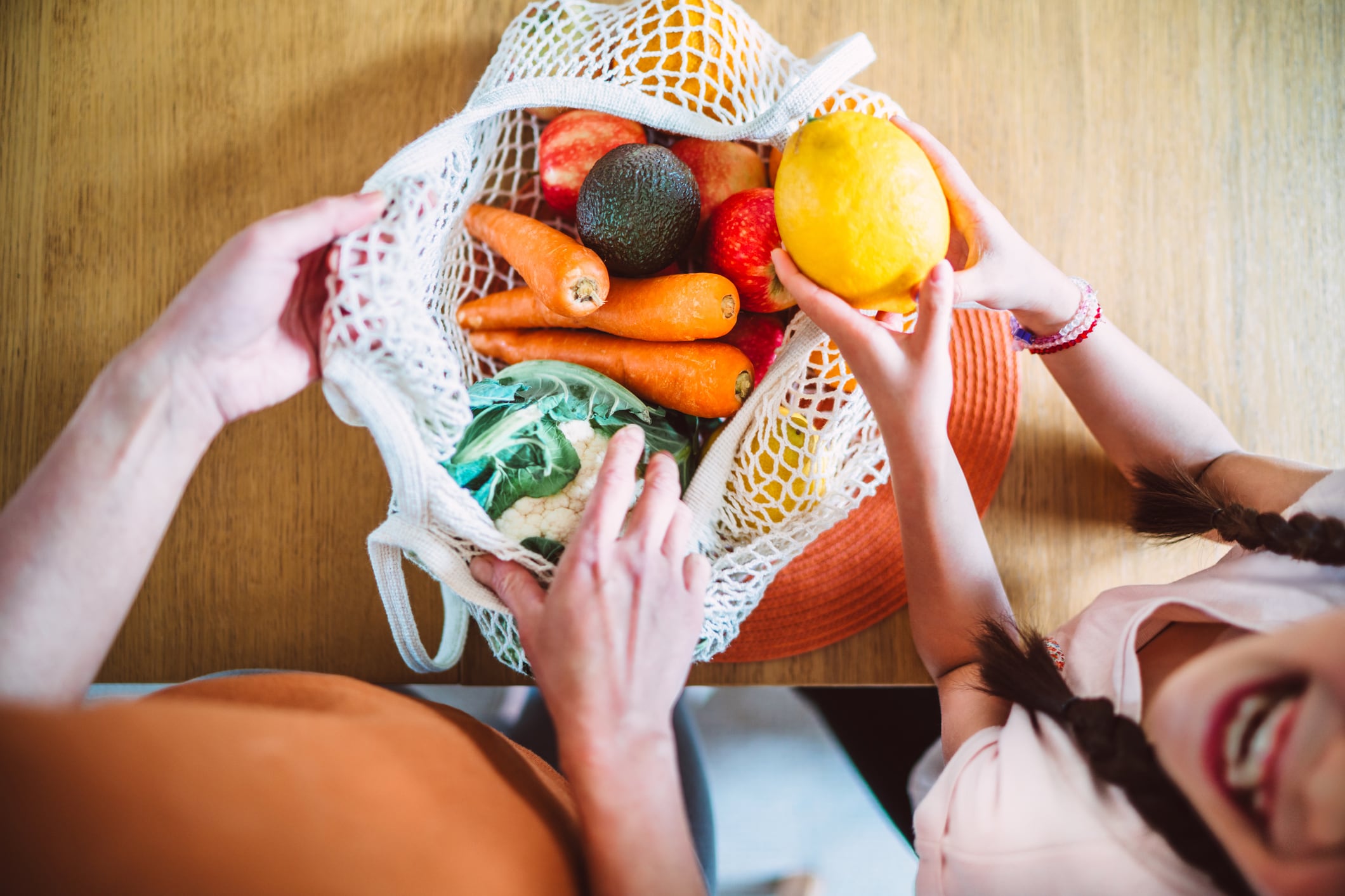The Brix standard – which dictates the minimum sugar content – for not-from-concentrate pasteurized orange juice in the US may drop from 10.5% to 10%, as FDA announces its proposed rule earlier this week with industry support.
A lower Brix level could help alleviate pressure on citrus growers in Florida who have dealt with low crop yields due to external factors like extreme weather and the ongoing citrus greening disease outbreak (or huanglongbing) that degrades the fruit and eventually kills the tree, according to proponents of the proposed rule.
The higher Brix standard, proponents argue, requires larger volumes of oranges that cannot be used for premium juice products and pushes manufacturers to rely on imported juice with the required Brix levels.
The current 10.5% standard redirects “these otherwise usable crops” to “lower-value markets, harming grower profitability and increasing reliance on imported fruit,” wrote Rep. Scott Franklin, R-Fla.
An updated standard will “give growers more flexibility to address citrus greening, recover from severe weather and keep Florida citrus competitive in the marketplace,” says Matt Joyner, CEO of trade group Florida Citrus Mutual, which represents 3,000 Florida growers.
‘This is a necessary adaptation’
Organic orange juice manufacturer Uncle Matt’s sees the proposed rule as an opportunity to bolster “struggling growers to market their fruit more effectively” without impacting safety or transparency given citrus greening’s impact on crops producing lower sugar levels in oranges, explained Uncle Matt’s CEO and Founder Matt McLean.
“It will be helpful for the global citrus industry, in particular Florida and Brazil. Until a cure is found for citrus greening disease, this is a necessary adaptation,” McLean says.
Last month, the Trump administration announced nearly 700 tariff exemptions for Brazilian products, including orange juice, easing some pressure on US supply chains and reducing dependence on domestic sources.
Similar to FDA’s sentiments, McLean does not anticipate impact on nutrient or taste expectations as the difference between 10.5% and 10% is nominal. Uncle Matt’s Organic will not lower its brix standards, McLean adds, and intends to continue manufacture its juices “well above the proposed minimum.”
FDA responds to citrus industry petition
The Juice Products Association (JPA) issued a statement in April supporting the Defending Domestic Orange Juice Production Act – which was introduced by Franklin and Rep. Debbie Wasserman Schultz, D-FLa.
The bill proposed a Brix standard adjustment from 10.5% to 10% and was reintroduced again in Feb. 2025 with full support from the Florida congressional delegation.
“This bill would provide much-needed flexibility to the industry while ensuring that pasteurized orange juice maintains its safety, taste and nutritional value,” JPA wrote.
FDA’s announcement comes after a citizen petition submitted by the Florida Citrus Processors Association and Florida Citrus Mutual in 2022 proposing an updated Brix standard that aligns with the current state of citrus crops in the US without growers having to rely on imported juice, according to the petition.
The petition outlined the detrimental impact of citrus greening disease coupled with severe weather on Florida’s citrus trees. The resulting yield led to lower crop production impacting “normal fruit sugar content.”
“Proposing to update the SOI for pasteurized orange juice reflects the FDA’s efforts to strategically update and modernize food standards by better aligning this standard with current agricultural norms and providing greater production flexibility, while maintaining the basic nature and essential characteristics of the product,” wrote the FDA.
Before being finalized, the proposed rule will undergo a 90-day public comment period. Comments must be submitted here by Nov. 4, 2025.




